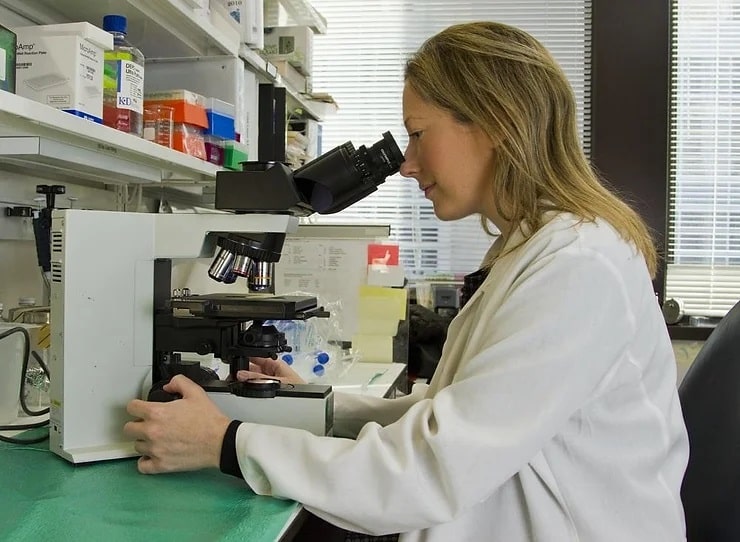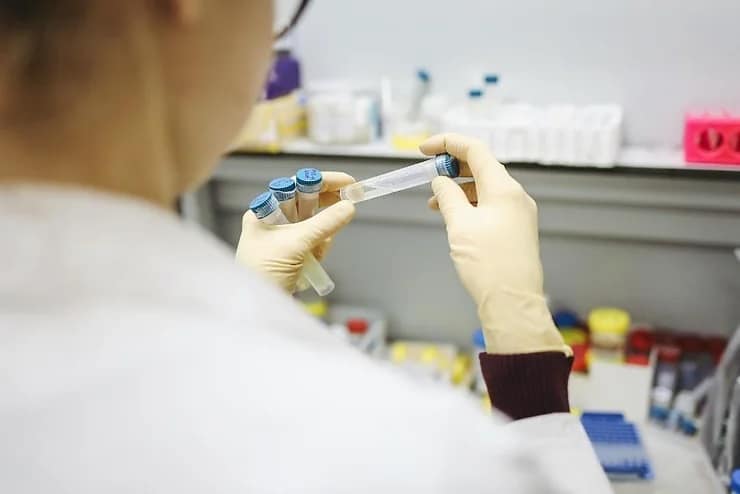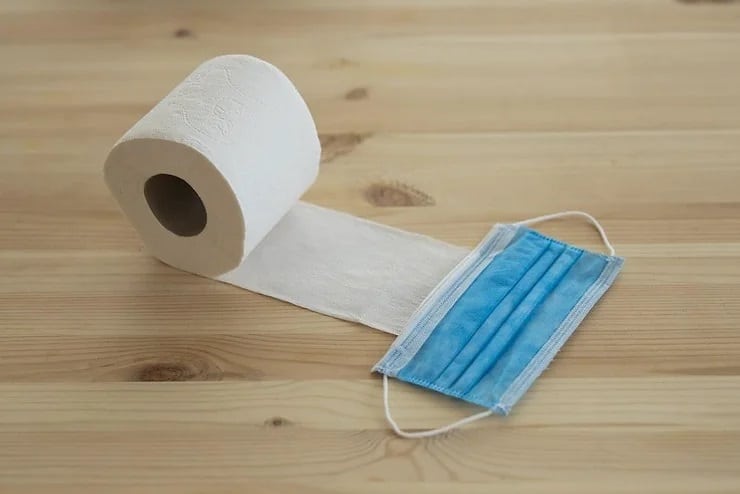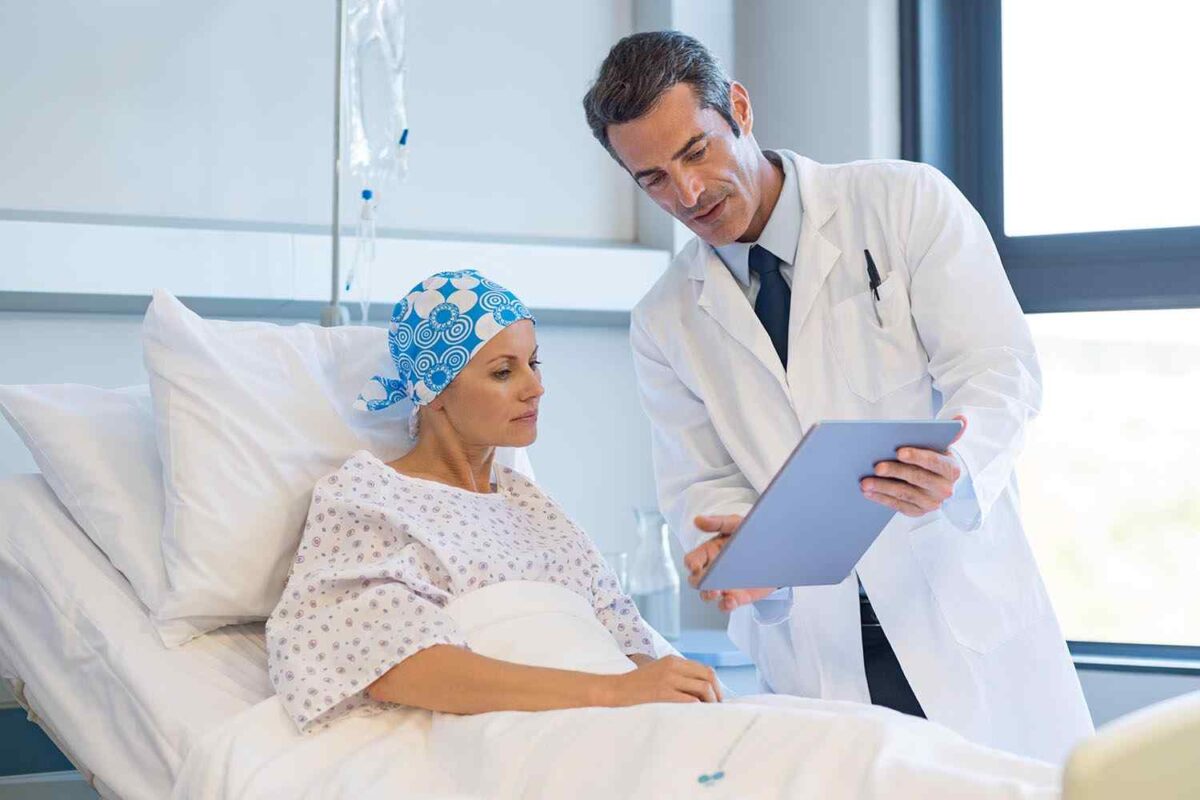As the pandemic has progressed, COVID testing has become a lot more accessible, affordable, and reliable. Thanks to the advent of scientific technology, you can even request same-day PCR test results—a process that once took around two days.
However, there is still a lot of confusion about when to get tested for COVID.
Let’s address some of these queries:
Do monitor your symptoms
Do monitor your health before getting tested. Watch out for any symptoms of COVID19. If you have a fever, nasal congestion, sore throat, cough, or shortness of breath, get tested immediately.
If you don’t have any symptoms but have been in contact with a potentially infected person, there are two ways to go about it:
-
You isolate yourself and wait it out. Stay in quarantine for around ten days to see if you’ve been infected.
-
Get tested if you need to get back to work immediately and the workplace requires a test.
In most cases, waiting it out is a better option since most tests are only effective if you’re showing symptoms. You don’t want to get tested too early and get a false negative.
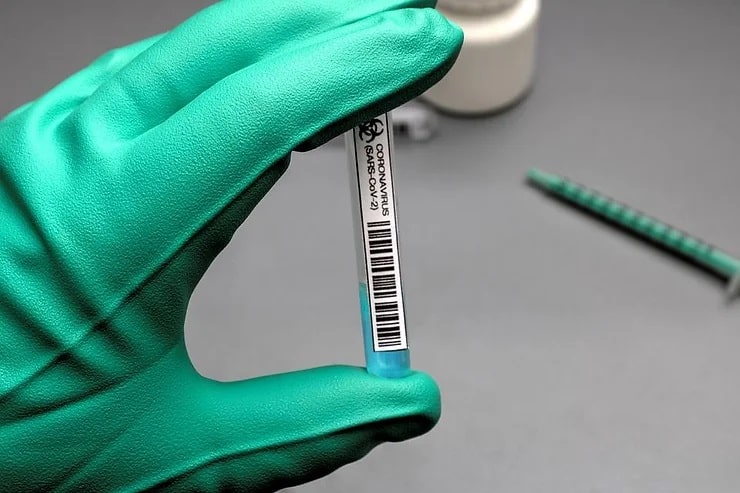
Do monitor your symptoms
Suppose you’ve traveled back from another state and have immediately tested negative upon landing. We still recommend you observe self-quarantine for around a week. This is because, at times, it takes several days before your symptoms start showing up. However, you can carry on the infection if you’re a carrier.
Do monitor your symptoms
Don’t end your isolation until you test negative again. Even if you feel like you’re getting better and on the road to recovery, it might be too soon to leave your room and be around your family again. Don’t engage in any guesswork and assume that you’ve recovered.
Get retested! You’re only safe to be around your family after you’ve tested negative. We recommend getting retested ten days after the first onset of the symptoms. You can also get a second test done if you haven’t experienced any symptoms for around 24 hours. Seek your healthcare provider’s advice in this case.
Good Hearts Testing offers same-day PCR, antigen, and antibody testing in Miami for individuals and large corporate groups. Other than in-office testing, we would also be glad to visit your home/office to conduct your test. Book your appointment now, and we will get back to you.

